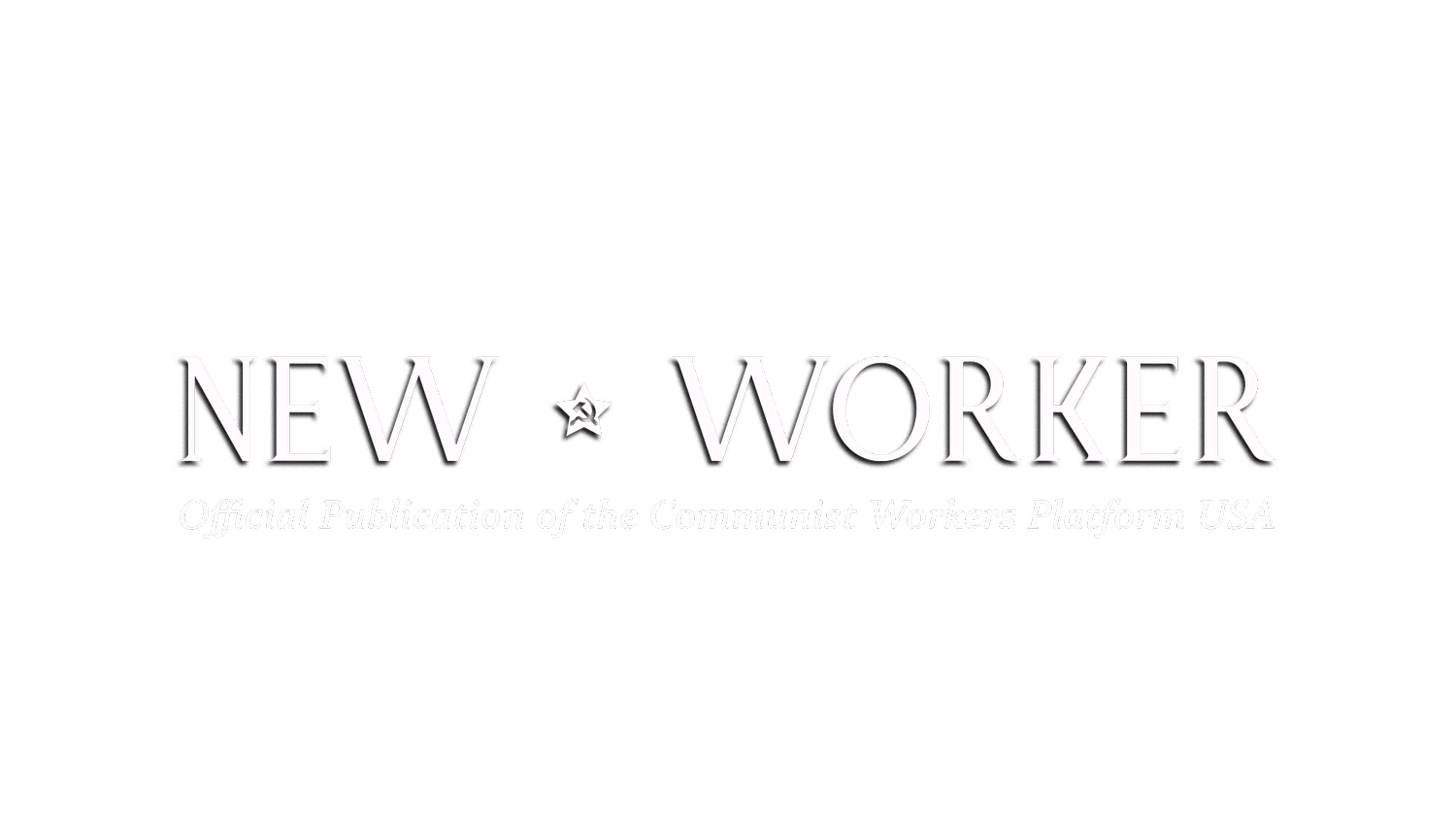SEPTA Fare Increases
Article derived from the recent New Worker Radio Episode 9
The Southeastern Pennsylvania Transportation Authority (SEPTA) has approved a fare increase of 7.5% by December 1 as the transit service faces a massive budget deficit of $240 million. For now, additional increases of 21.5% planned by January 1 have been postponed.
SEPTA provides public transportation into and within Philadelphia, as well as serving the surrounding Bucks, Chester, Delaware and Montgomery counties. SEPTA is the sixth largest transit agency in the United States in terms of weekly ridership of its complex system of subways, buses, trolleys, and commuter rail lines. Roughly 650,000 Philadelphians ride SEPTA every day.
Over the past months, SEPTA has warned that further price hikes are on the horizon with fares seeing an increase of up to 30% by 2025. This happens in the context of a further cut in services which will see many routes being eliminated, fewer trains, and shortened routes. When asked about employee layoffs, the agency responded that “nothing is off the table”.
The challenges facing SEPTA are far from new. Historically, the agency has been a target for business groups and private interests, leading to ongoing issues with its structure, funding, management, and labor relations. These problems have consistently been shifted onto workers and the public, sparking protests against fare hikes and inspiring the courageous strikes of Transit Workers Union Local 234, from their first in 1971 to the most recent in 2016. SEPTA's challenges were evident as far back as the early 2000s, when the agency threatened to eliminate weekend services, raise fares, and lay off 16% of its workforce if the state legislature failed to increase funding.
As recently as October 2023, a strike loomed over unresolved contract negotiations, with workers demanding wage increases, bonuses, and pension benefits. At the same time, the Pennsylvania General Assembly failed to pass increased funding for SEPTA, citing a Republican-driven narrative that transit funding could not proceed without simultaneous boosts for roads, bridges, and airports. Republican Senate Majority Leader Joe Pittman defended this position under the guise of “not growing Pennsylvania government,” though his campaign was notably supported by industries like coal, fracking, car dealerships, and insurance. The opposition to public transportation funding and the resulting fare hikes and layoffs clearly align with the profit motives of these groups, which prioritize the interests of capital over the needs of the people.
This dynamic underscores the political nature of SEPTA’s struggles. Despite claims of governmental inadequacy, the challenges are rooted in a deliberate political choice to prioritize profits over public service. SEPTA’s planning, rather than addressing the needs of the people, is shaped to serve capital. The automobile trade exemplifies this: it generates profits not only through car and fuel sales but also through government-collected taxes and fees, such as registration fees, road taxes, and insurance premiums. These revenue streams further entrench the interests of capital and the state in suppressing public transit, ensuring that profits flow steadily from private transportation. SEPTA’s ongoing challenges are a direct reflection of this system, where public transportation is sacrificed to protect and expand the profits of capital.
The Pennsylvania government's plans regarding SEPTA are part of an anti-people agenda that limits the right to mobility, turning it into a privilege for the few. These plans pave the way for privatization and the dismantling of public transportation. Philadelphia, one of the poorest major cities in America with one of the highest poverty rates, already has SEPTA fares that make up a larger share of income compared to similar cities. With jobs scattered across the city and often low-paying, the city's workers and most vulnerable populations will see their incomes further squeezed by the upcoming fare hike. They will bear the brunt of the impact.
Public transportation is a social good, a right that must be accessible to all. It cannot be governed by the logic of "free market" economic principles. Workers need public mass transit that serves the interests of the people. The key characteristics of a proper transport system include: dense routes in both space and time, speed, comfort, safety, reliable schedules, a single, affordable ticket, and free transport for employees to and from their workplaces.

